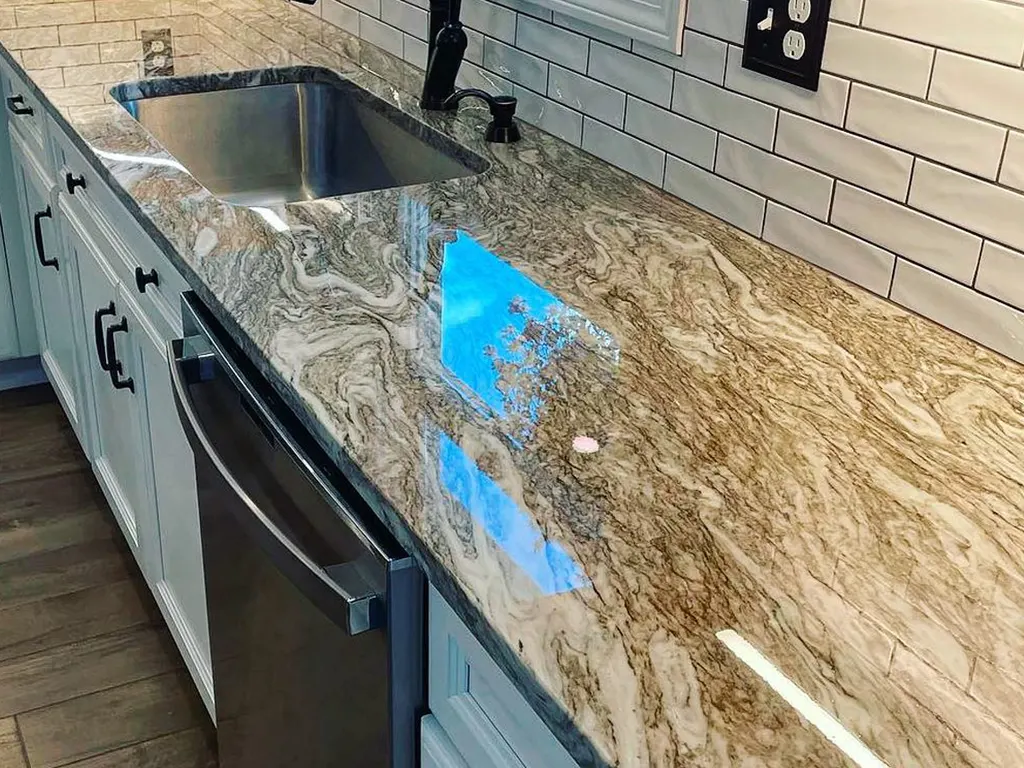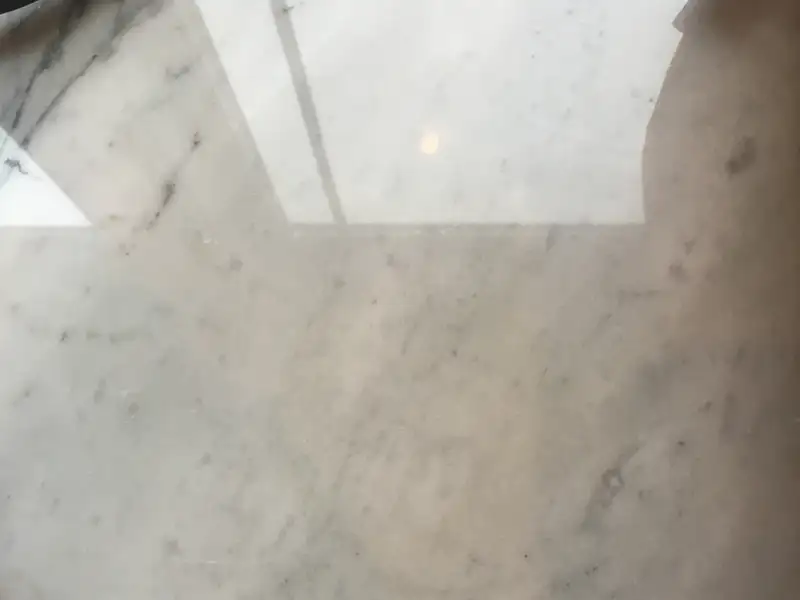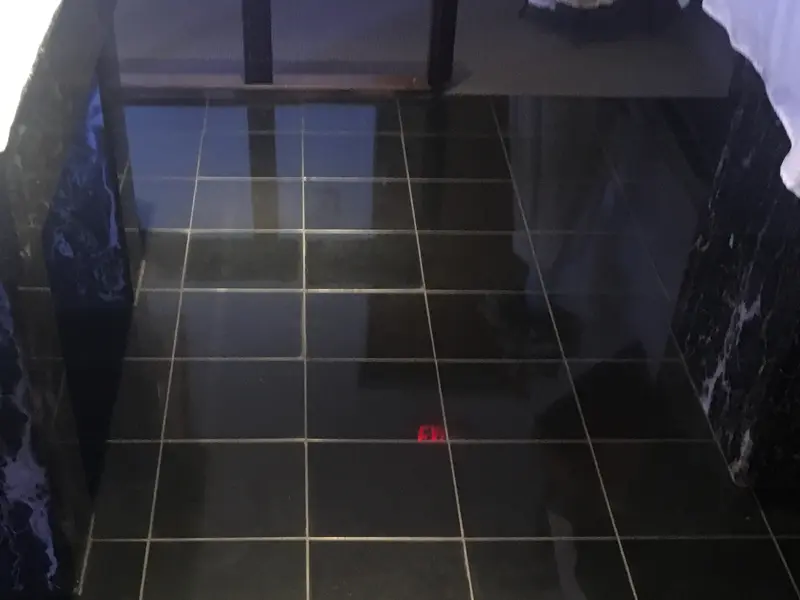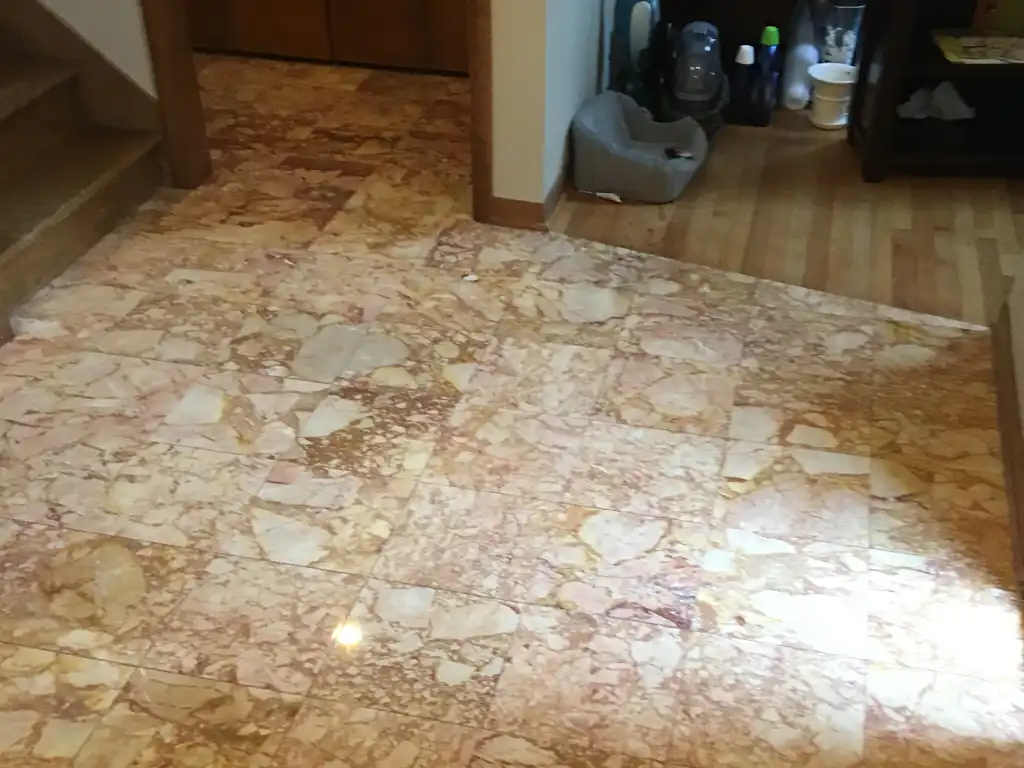Marble Polishing Services Tips for Cultured and Natural Marble In countless homes and buildings, you will often see marble countertops, staircases, countertops and tables. A marble could embellish every room and even the simplest décor could match it. However, it’s essential that proper care must be done since it tends to be brittle. It is easily scratched or chipped when it comes into contact with hard, pointed objects. An exceedingly porous material, it is susceptible to stains and molds which could result to the dulling of colors or discoloration. Tri-State Marble Polishing will give you some Marble Polishing tips for both cultured and natural marbles.
How will I know if the marble is cultured or natural?
Primarily, you have to determine whether your marble is cultured or natural as each type has a different method of Marble Polishing. There are several ways of finding out what marble you have. In the temperature method, all you have to do is lay your palm on the surface of the marble. If the surface of the marble is cooler than the air surrounding it; then you would know that you have a natural marble. On the other hand, if it feels the same as the surrounding temperature, then, you have a cultured marble. Other methods you may use are the acid method and scratch method.
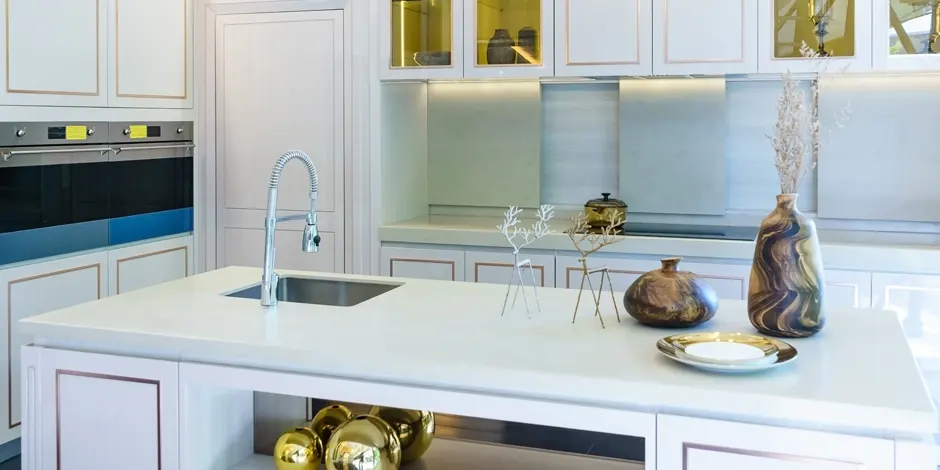
Polishing Natural Marble
Before you start Marble Polishing your natural marble, make sure to clean it first. You must adequately remove the stains, otherwise Marble Polishing would just be a waste of time. You can eliminate most stains at home by using tips you can find online. But for stubborn stains, better ask for professional help from Tri-State Marble Polishing.
After you have removed the stains, clean and dry your marble countertop. If grime has accumulated on the surface of the marble, wash it using warm water and soft cloth. Afterwards, dry the surface of the marble with another piece of cloth or mop.
Natural Marble Polishing:
For natural polish, use a mixture of 45 grams of baking soda and 1 qt of water. Use a clean cloth and apply a thin layer of the mixture onto the surface of the marble. Leave the coat and dry it for at least five hours. After this, dip a clean cloth to lukewarm water and rinse the marble. The last step is to completely dry the marble cleaning.
Cultured Marble Polishing
This marble comes with protective coating which makes it less susceptible to damages such scratches and an etching-- as well as it is much easier to clean. Yet, it still needs meticulous care and attention especially for stubborn stains. To remove stains, all you have to do is scrub the surface with nylon- bristled brush and non-corrosive household cleaner. But to eliminate hard water stains, spray the surface with white vinegar and leave it for 15 minutes to dry. To remove residue, rinse it using plain water and wipe with damp cloth. The last step in the Marble Cleaning Process is to dry the marble with dry cloth. To polish cultured marble, you can use any polishing products specifically manufactured for this type of marble.
But if you want to achieve exceptional results that cannot be achieved by mere DIY polishing, we are available to help you. Simply browse our website and contact us.
Our More Marble Countertop Polishing Service
Marble Countertop Polishing Philadelphia
Marble Countertop Polishing Montgomery County
Marble Countertop Polishing Chester County
Chester County Services Area : Atglen, Avondale, Berwyn, Birchrunville, Brandamore, Chatham, Chester Springs, Coatesville, Cochranville,Devault, Devon, Downingtown, Elverson, Exton, Glenmoore, Honey Brook, Immaculata, Kemblesville, Kennett Square, Kimberton, Landenberg, Lewisville, Lincoln University, Lionville, Lyndell, Malvern, Modena, New London, Nottingham, Oxford, Paoli, Parker Ford, Parkesburg, Phoenixville, Pomeroy, Pottstown, Sadsburyville, Saint Peters, Spring City, Thorndale, Toughkenamon, Unionville, Uwchland, Valley Forge, West Chester, West Grove, Westtown
Mercer County Services Area : Carlton,Clark, Clarks Mills, Farrell, Fredonia, Greenville, Grove City, Hadley, Hermitage, Jackson Center, Jamestown, Mercer, Sandy Lake, Sharon, Sharpsville, Sheakleyville, Stoneboro, Transfer, West Middlesex, Wheatland
Other Services Area in Pennsylvania (PA) : Buckingham, New Hope, Upper Makefield, Yardley, Blue Bell, Malvern, Chester Springs, Penn Valley, Villanova, Bryn Mawr, Radnor, West Chester





